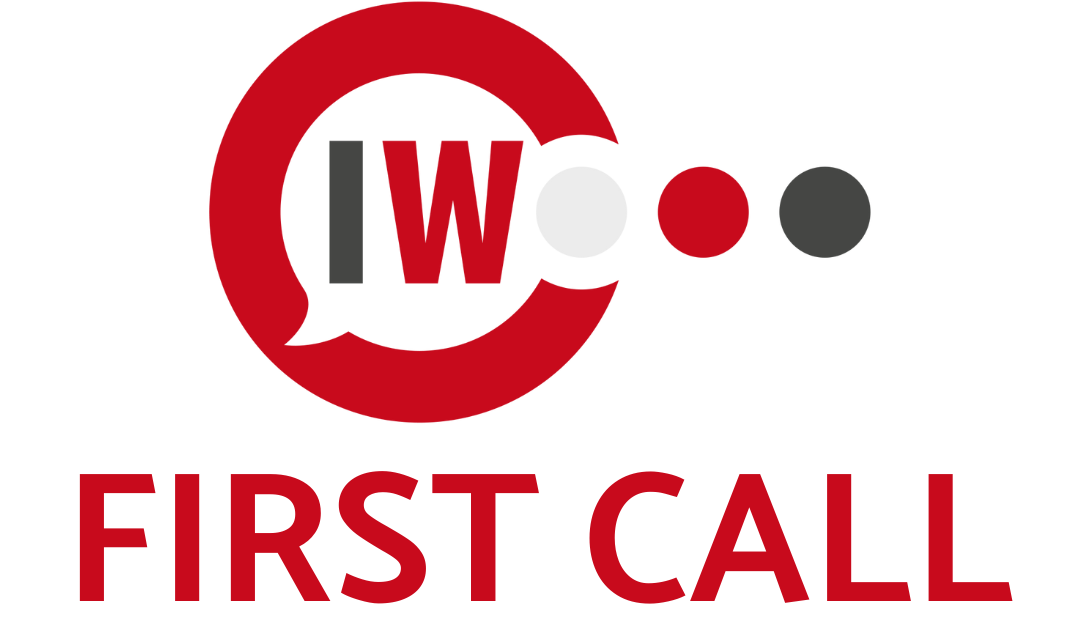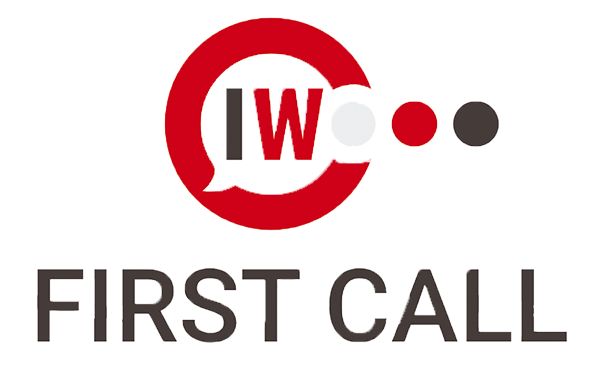Help desks are grouped according to their form of deployment, the size of a client’s business and whether the software’s source code is accessible and easy to alter. When searching for the perfect help desk, you must take these elements into consideration. There are 4 main types of help desk :
1. Cloud-Based Help Desk
A cloud-based help desk is a Software as a service application that is hosted on the vendor’s server. Your team can access all the wonderful features of a help desk simply by logging into the vendor’s website or locally installed desktop or mobile app. The users of this help desk are required to pay on a monthly or annual basis that includes technical support, maintenance, and data security.
Benefits:
- Easy to set up and maintain, you don’t have to be a technical expert to get started
- High scalability – grows as your business grows
- Offers anytime, anywhere accessibility, you just need an internet connection
Drawbacks:
- During technical glitches, you will have to wait for the vendor to resolve the issue
- Internet connection is always required
- No access to source code and limited customization options in advanced cases

2. Self-Hosted Help Desk
A self-hosted help desk, also commonly referred to as an on-premise help desk, is a licensed proprietary software purchased by a business. In simpler terms, after purchasing the software license, companies own and host this help desk on their own servers. A self-hosted help desk usually requires a one-time setup fee, however, updates may require a business to spend more.
Benefits:
- Complete control of data and security (can be perfect for companies that operate with highly sensitive data such as healthcare or insurance companies).
- Self-hosted help desks are better customized to the needs of a business compared to other help desks.
Drawbacks:
- Requires a huge upfront investment for purchasing the software license and the servers.
- You need an in-house IT team to constantly maintain your servers and recover data in case of any mishaps like hardware failures or power outages
- Additional cost of data backups, updates & fixes
3. Open-Source Help Desk
An open-source help desk is another popular software that allows developers to access its source code. This means that your developers can easily modify or enhance the software based on the help desk needs of your business. Developers can add features, improve integration capabilities, fix bugs, and release periodic updates. The vendors of open-source software leverage community collaboration to improve their final product.
Benefits:
- Open-source help desks are mostly free and many come with minimum limitations
- Besides customization capabilities, users can enjoy community updates and suggestions. So when it comes to building an ideal help desk- the sky’s the limit
Drawbacks:
- You need a team of IT professionals to build and customize the software for you
- Can take months to configure and data security is always under question
- In case you encounter an issue, there is always a lack of reliable support and you will have to be dependent on your own technical team
4. Enterprise Help Desk
Large companies use enterprise help desks as they include advanced features that lower-priced help desks do not offer. They offer features such as IT asset management, enterprise reporting, multi-brand support, and more. Besides being customer-focused, enterprise help desks are designed to be employee-focused as well. Therefore, you can easily track and resolve the internal day-to-day issues arising in your company by internal ticketing system.
Benefits:
- Acts as a one-stop-shop for offering round-the-clock support to your customers, as well as employees
- Can be customized to meet the needs of large enterprises
Drawbacks:
- Enterprise help desks are expensive and can be heavy on your pocket
- More features can eventually lead to more complexities and operators need to be technically sound or well-trained






